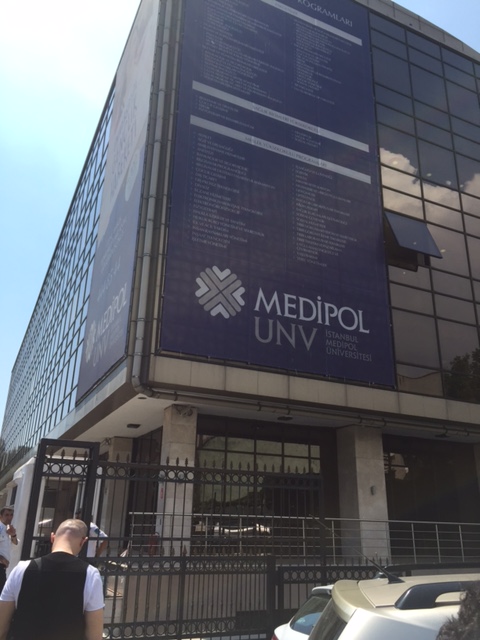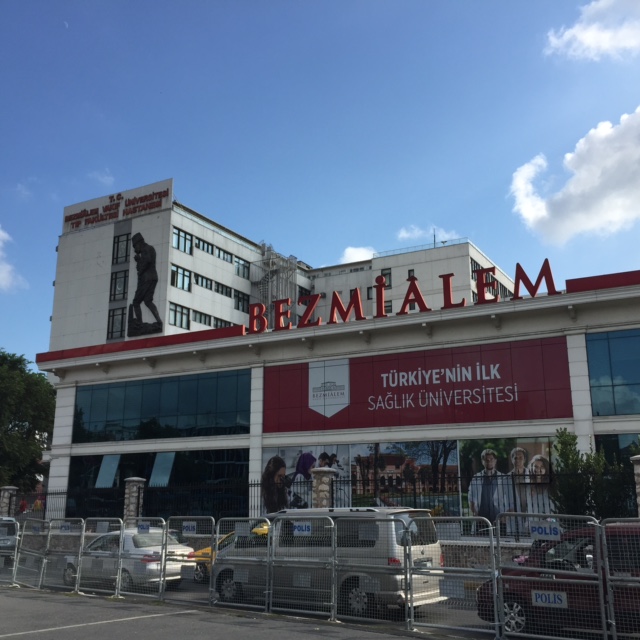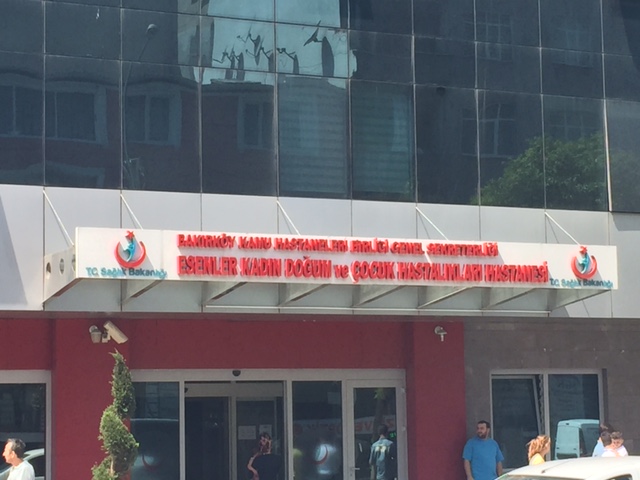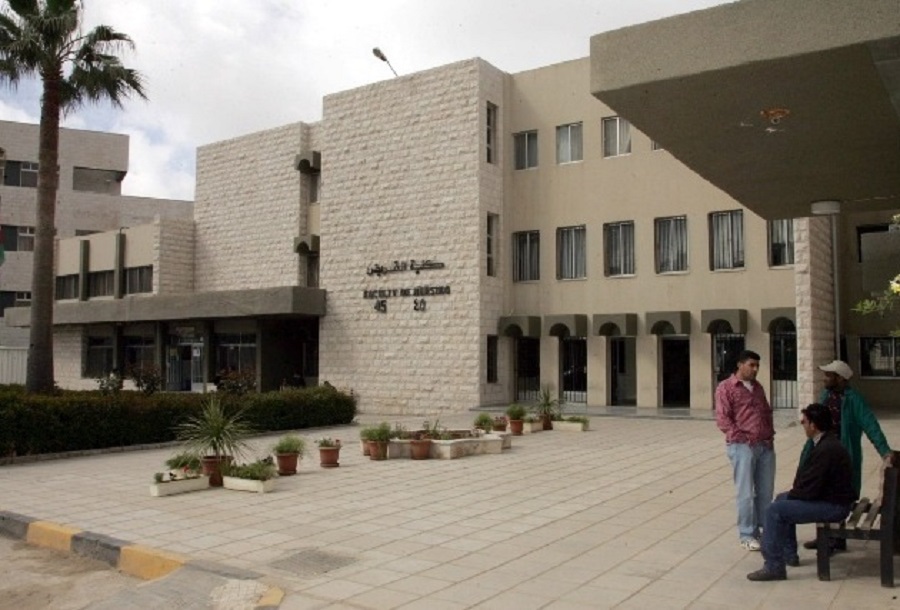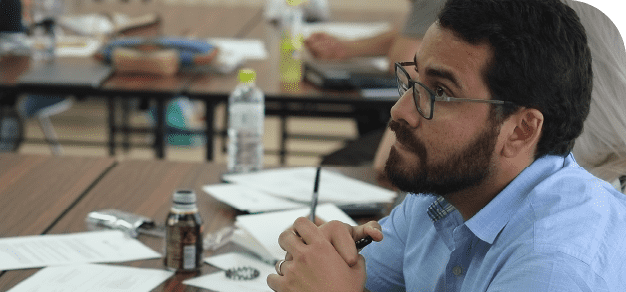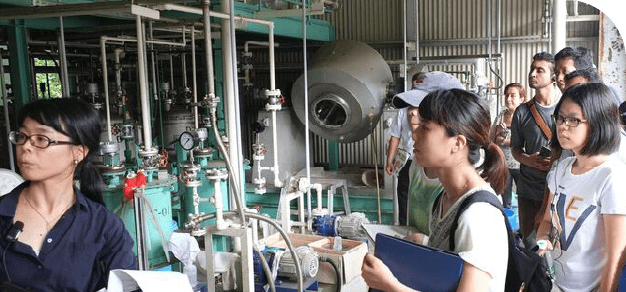GRM Students’ Reports
Field Research in Turkey (Istanbul, Ankara) & Jordan (Amman)
Graduate School of Global Studies Rehab Abu-Hajair
2015/09/20
Field Research
Location: Turkey (Istanbul, Ankara) & Jordan (Amman)
Period: August 16, 2015 - September 10, 2015
During the fieldwork in Turkey and Jordan, many interviews were conducted with doctors in the health sector, and scholars in universities, and as well as with other experts in other official or non-governmental institutions that are related to the Biomedical Ethics.
In Turkey I interviewed academics and scholars of medical schools in Istanbul University and Fatih University. In addition, interviews were conducted with responsible people and decision-makers in government, especially the Ministry of Health. My field survey in Turkey included the center BETIM (a center for Medical Humanities). It was founded in 2012 in order to gather scholars from various disciplines for discussing and developing new issues related to Islamic perspectives on Biomedical Ethics and adapt that to the Turkish local health sector. The center is also working in parallel with German scholars and universities in an attempt to cooperate with German doctors in how to improve the quality of health provision, mainly on ethical issues, to the big Turkish community in Germany.
In Jordan, I was able to interview the Chairman of the Committee and a number of its members. In addition, I did several interviews with government officials of Ministry of Health, and with some people from health union.
The results can be summarized as the following:
As Turkey is known and defined constitutionally as a secular state, the existing Biomedical Ethics, applied in Turkey come from a purely Western and secular perspective despite the fact that more than 90% of population is considered Muslim. Reasons vary. 70% of the practicing doctors, working in Ministry of Health, are secularist doctors. The administrations of hospitals don’t allow doctors to use the terms of Islamic Bioethics during practice and duty. In Turkey generally, there is still a lack of awareness of the importance of applying bioethics. The unstable political situation in the surrounding countries with increasing influx of refugees into Turkey, the government is forced to provide health services to citizens and many refugees. That strongly impacts the quality of health services provided by the government in general. Moreover, this developing reality has led to a shortage of the number of doctors.
With regards to Jordan, there are attempts to improve the performance of medical staff in hospitals and treatment centers. The Committee of the Jordanian National Ethics of Science and Technology was established in 1998. there are attempts to improve the performance of medical staff in hospitals and treatment centers. The Committee of the Jordanian National Ethics of Science and Technology was established in 1998. Beside this, they have held conferences, workshops and trainings for the medical staff. Also, the University of Jordan, the country’s most prestigious higher education institution, has adopted a curriculum containing Biomedical Ethics subjects in the first year of the Nursing College and other medical schools.
